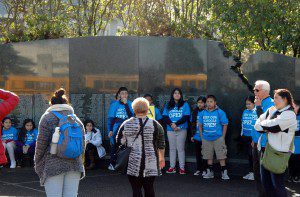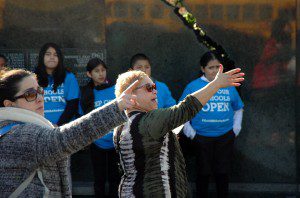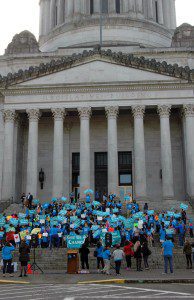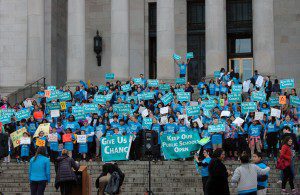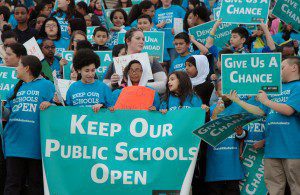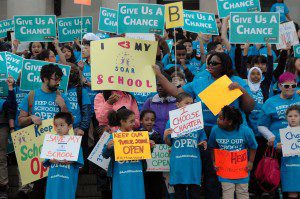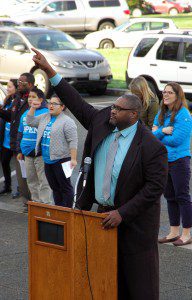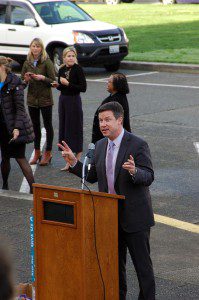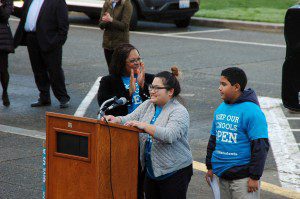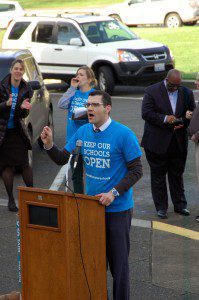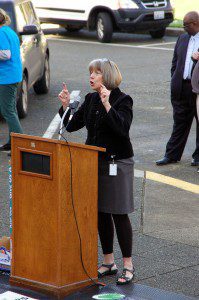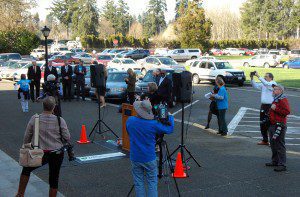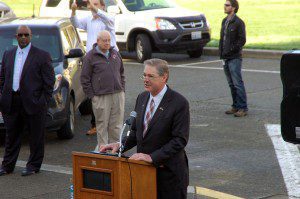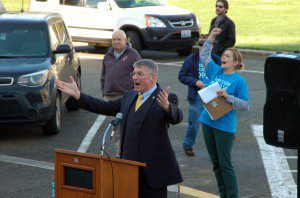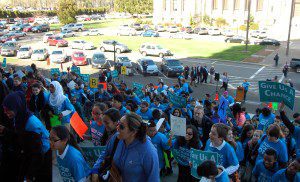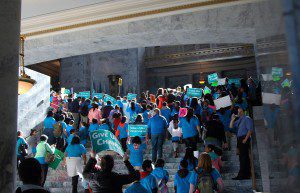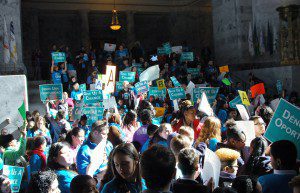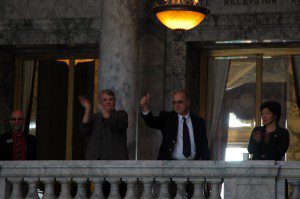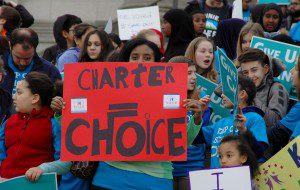
As the Legislature continues to work on a solution for charter schools, we have received a number of questions about who can manage a charter school, how charter schools are funded, and whether charter school staff can unionize. Below are answers to some of the most common questions. For more information or answers to additional questions, please visit http://lets.actnowforwastudents.org/cards
Can private for-profit companies manage and operate public charter schools in Washington state?
No. Initiative Measure 1240 and SB 6194 state that all independently managed public schools (public charters) must be operated by qualified nonprofit organizations. http://lawfilesext.leg.wa.gov/biennium/2015-16/Pdf/Bills/Senate%20Bills/6194-S2.E.pdf
Under Initiative 1240 and SB 6194, all charter school operator applicants must be either a public benefit nonprofit corporation (RCW 24.03.490) or a nonprofit corporation (RCW 24.03.005) that has applied for 501(c)(3) tax exempt status. Additionally, nonprofit corporations operating charters may not be a sectarian or religious organization. By definition, nonprofits cannot generate revenue in excess of cost of operations. All funds must be used for educational purposes.
Can public charter schools access local levy dollars?
No. Local levy funds may only fund common schools. Because public charter schools aren’t common schools they’re unable to receive local levy dollars. If SB 6194 passes, public charter schools will only receive federal and state funds. A constitutional amendment on the use of local levy dollars would be needed for public charters to receive local levy dollars.
Do charter schools receive less public funding than traditional public schools?
In Washington, under Initiative 1240, some charters received local levy dollars and some did not, thus some charter schools received less public funding. If SB 6194 passes, no charter schools will receive local levy dollars, so all of the schools will receive less public funding than district schools.
Do charter schools have the same level of accountability and scrutiny over their finances as traditional public schools?
Charter schools have greater accountability and scrutiny over their finances than traditional public schools. Charter schools must submit their finances and budgets to their authorizer and are also subject to the same state auditing and reporting requirements under statute and OSPI rules as other public schools. Information on charter school finances will be publicly available, through OSPI public reporting and the annual authorizer reports submitted to the State Board of Education that includes each school’s financial performance.
Do public schools accept private funds from for-profit entities and foundations?
Yes. All public schools, both traditional and charter, use private funds. In most public schools this can range from a parent’s company donating materials and supplies to large private donations to school districts for technology, increased staffing, and building improvements.
Can public charter school employees form unions and have collective bargaining rights?
Yes. Public charter school employees can form unions and collectively bargain pay, benefits, and working conditions. These unions must be limited to the charter employees and separate from other bargaining units in the school districts, educational service districts, and institutions of higher education.
Nationally, 12% of charter schools have collective bargaining agreements with teachers unions. There are five states – Alaska, Hawaii, Iowa, Maryland, and Virginia that require charter schools to be unionized by law.
 I didn’t have the most conventional childhood. As an Army brat, home was all over the country – from Nevada to Tennessee, and a bunch of places in between. Since I never spent more than a couple years at any school, I didn’t have a lot of guidance from my teachers. That all changed when we settled in Washington state my freshman year.
I didn’t have the most conventional childhood. As an Army brat, home was all over the country – from Nevada to Tennessee, and a bunch of places in between. Since I never spent more than a couple years at any school, I didn’t have a lot of guidance from my teachers. That all changed when we settled in Washington state my freshman year.

